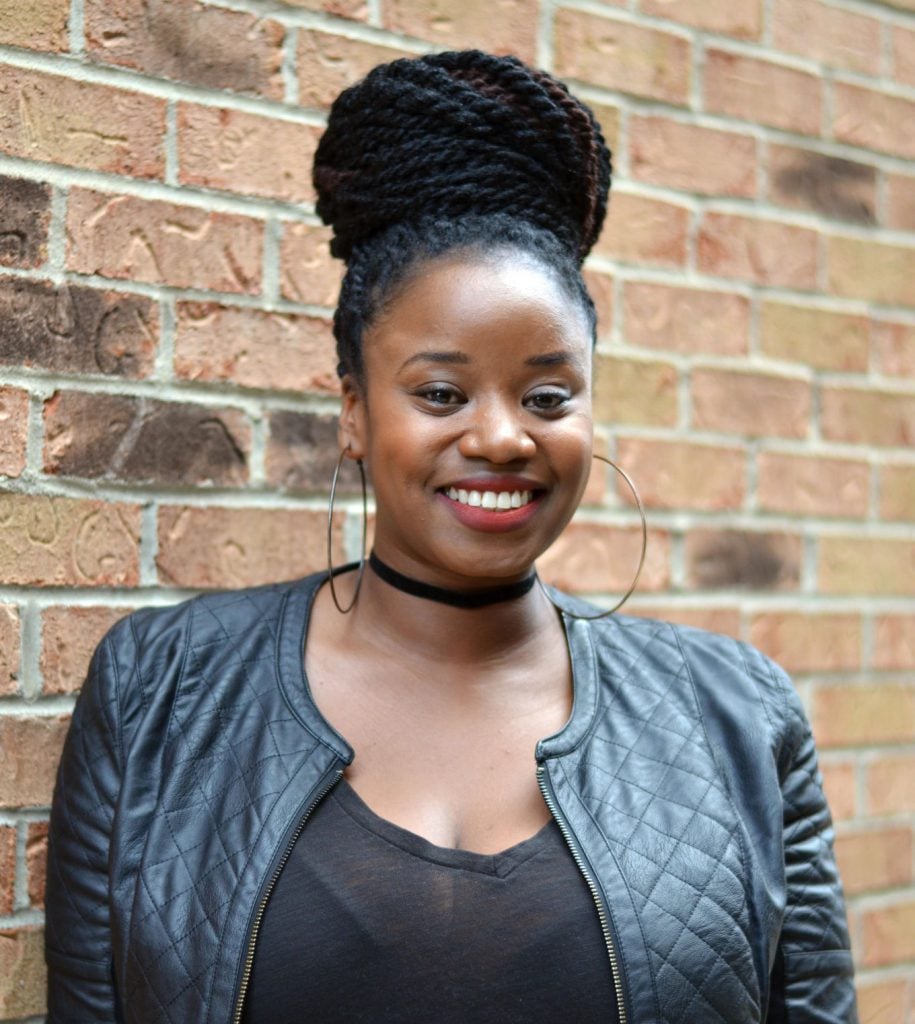
As the co-founder and co-CEO of Be Nimble Foundation, Kelli Jones saw the need for more philanthropic support for Black organizations long before the pandemic tightened budgets.
Coming out of the pandemic, she’s seen the money and resources that Black organizations had been begging for.
“I think it’s disappointing that it took a pandemic and the impact of Black Lives Matter to spur action, but it is what we have needed for a long time,” Jones said. “We’ll never forget that many of the resources we’ve now received have come out of tragedy.”
Jackie Bouvier Copeland launched Black Philanthropy Month in 2011 to celebrate Black giving and promote funding in equity.
Celebrated every August worldwide, this year’s theme focuses on rebuilding communities and creating lasting funding and racial equity for Black communities.
Black people give the highest proportion of their income to philanthropy, according to the National Committee for Responsive Philanthropy, but receive as little as 2% of the funding — which was an inspiration to create Black Philanthropy Month, Copeland said.
“The world is in trouble,” Copeland said. “And we can’t solve those issues with one hand tied behind our back, which is what happens when more than half of the population of innovators cannot get funding because of the color of their skin or their gender.”
Black philanthropy is a core component of Black culture, Copeland said. Even people who don’t have money to give find other ways to donate through giving their time, talent, resources and moral support, she said.
Black philanthropy is a mix of challenges and rewards, said Allissa Impink, director of family philanthropy and advisor for Glick Philanthropies. Churches and aid organizations participate in philanthropy whether they know it or not, and encourage Black job opportunities and support the community, she said.
“One of the things that really speaks to me, especially with philanthropy and supporting one another, I think about progress and community. Progress and community can be found just by trusting,” Impink said.
‘The gates are open’
Indiana is facing a teacher shortage with 2,300 open positions, and the number of Black educators remains low. In Indiana, Black educators make up only 4.2% of teachers. Educate ME Foundation is trying to help more Black educators get into the field.
After just two years in his own classroom, Blake Nathan saw a need for more teachers of color in the classroom, so he founded Educate ME in 2014. After applying for grants just to get school supplies in his classroom, Nathan said he felt the need to make systemic change.
Educate ME recruits more educators of color and provides them with supportive programs to continue education. The organization recently received a grant from Glick Philanthropies to increase the number of Black and brown educators. The grant will help aspiring educators with test fees and test prep, Nathan said.
“I have talked to deans of schools, HR departments, school districts and other organizations that are trying to combat the teaching shortage, and we’re all saying kind of the same thing,” Nathan said. “We have to get teachers in the classroom. We have to provide a pathway for them.”
The organization also offers test reimbursement for people who don’t pass the first time, which can cost up to $170 each time, according to the Educational Testing Service.
The average teacher spends more than $450 on classroom supplies, Nathan said, so Educate ME offers grants so teachers don’t have to spend their own money.
“The gates are open for people to answer the call to service and become a teacher to impact lives daily, and to create not just school-wide change, but community change by investing in educating our young people,” Nathan said.
Creating opportunity in a ghost kitchen
Be Nimble Foundation is another organization that uses philanthropic money to advance job opportunities. The focus of the organization is to train Black and brown communities for careers in the tech field.
Be Nimble recently received a grant for its Melon Ghost Kitchens & Virtual Restaurant Accelerator, which helps brick-and-mortar restaurants by creating more revenue and growth through the use of a virtual kitchen concept.
Black and brown chefs work out of a 5,000-square-foot kitchen space, operating their own business with the tools they need, Jones said.
Currently there are two restaurants operating out of the ghost kitchen: Burgeezy, an all-vegan burger company that makes burgers, plant-based chicken tenders and vegan fries; and Say Cheese, which makes a variety of grilled cheese sandwiches.
Jones said with the support of grants, Be Nimble can continue to focus on uplifting Black and brown people in the tech field and creating equity within the organization.
“We need foundations and organizations that are willing to contribute to those very much in the same way that we invest in startups or give business owners resources in order to scale,” Jones said.
Contact staff writer Jayden Kennett 317-762-7847 or by email JaydenK@Indyrecorder.com. Follow her on Twitter @JournoJay.










